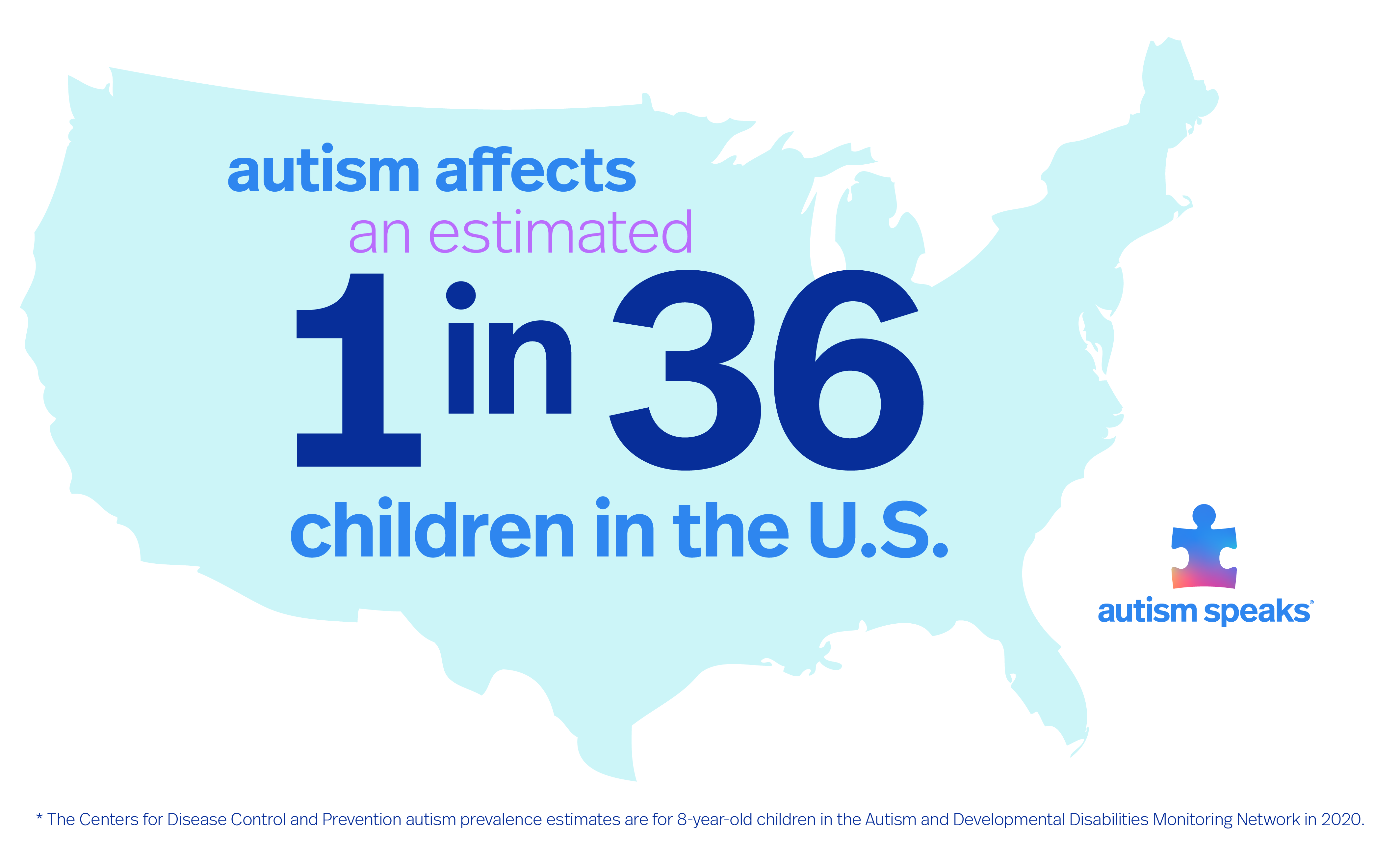
Written by Susan Senator
This past week was a home run for my autistic son, Nat. He communicated with others independently and effectively on two separate occasions. This is the sort of triumph that may appear small to some, but to my family, this is huge. When Nat finds the words and feels confident about using them, it is rare and wonderful. Verbal communication is so tough for him. But not every time. Sometimes he is in the “zone,” and he speaks with apparent ease. And that possibility makes me feel his power and gives me hope.
On a recent afternoon, when my husband Ned picked Nat up at the high school from a canceled trip to an amusement park, he asked Nat if he’d gone on rides. We talk to Nat all the time and ask him questions to which we already know the answer as a strategy for helping him talk. This time, Nat answered “No” immediately.
Of course, my husband was thrilled. But then Ned took it one step further and asked, “Why?”
And Nat answered, “Because the park closed.”
Ned kept going; was it possible to lengthen this joyful moment? “Why was the park closed?”
And Nat replied, “Because it was raining.”
I have never been so happy about the rain.
When Ned told me about this conversation, we were both so excited. The thing is, “why” questions are the hardest. There is another level to the “why” question, while “what,” “when,” and even “how” are one-dimensional. Why is even more challenging because you have to observe, reason, and conclude. You don’t simply report with why. You synthesize information. And best of all: You have to be in a calm enough frame of mind that you step outside your own vantage point and become objective in that moment.
The thrill of knowing Nat was calm, that he could do why sometimes, warms me to my bones. To me, understanding and answering the “why” question implies that he may be understanding more about the world around him. And that is the best news a mother can hear. Why? Because the more he understands, the more he can grow and the more he can keep himself safe. Independence is a mother’s number-one goal for her children—to the point where they no longer need her to survive. Nat’s deeper comprehension of things will help make him better able to function in this difficult world.
We figured we’d take Nat out to dinner to make up for the canceled trip to the amusement park. Things felt easy and calm. Dinner out is usually a low-stress activity for Nat because dinner in a restaurant is something fairly predictable. You wait for your table. You get your menu. You wait, you eat your food, and you pay.
Over the years, Nat has generalized eating out to the point where restaurants are easy. Generalizing is another goal in autism education because, often, the disability makes it difficult to understand the overall uniting concept of something. Nat has no trouble understanding the parts; it’s the connections, the whole of those parts, as well as the ability to see a similar whole thing somewhere else that’s the challenge.
Ned and I had talked about going for ice cream after dinner, but as always, we wanted to include Nat in the decision and perhaps foster more talking.
I said, “Nat, what other store is nearby?”
Nat quickly named the ice cream store and agreed happily to go for ice cream. So much successful conversing! Why stop now?
At the ice cream counter, Nat looked over the choices and quickly belted out, “Coffee, cookies and cream.” The ice cream scooper looked at him and not at me for clarification. Yay! I was so happy I decided to get ice cream, too, rather than sticking to my diet.
After we dropped Nat off at his group home, we drove back to our house feeling truly full, in belly and heart. There is nothing better on Earth than seeing your child grow—at any age. Nat is 33, and he is proof that with autism, we should never say never.
